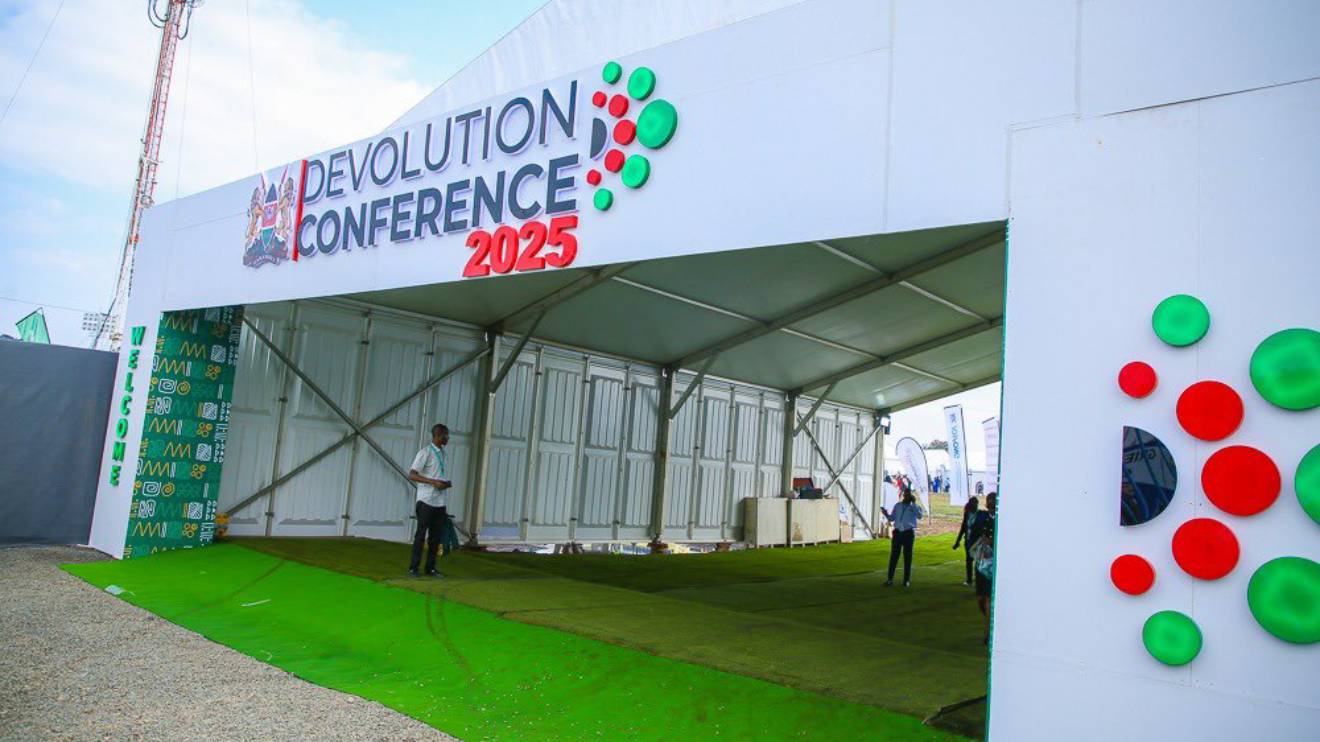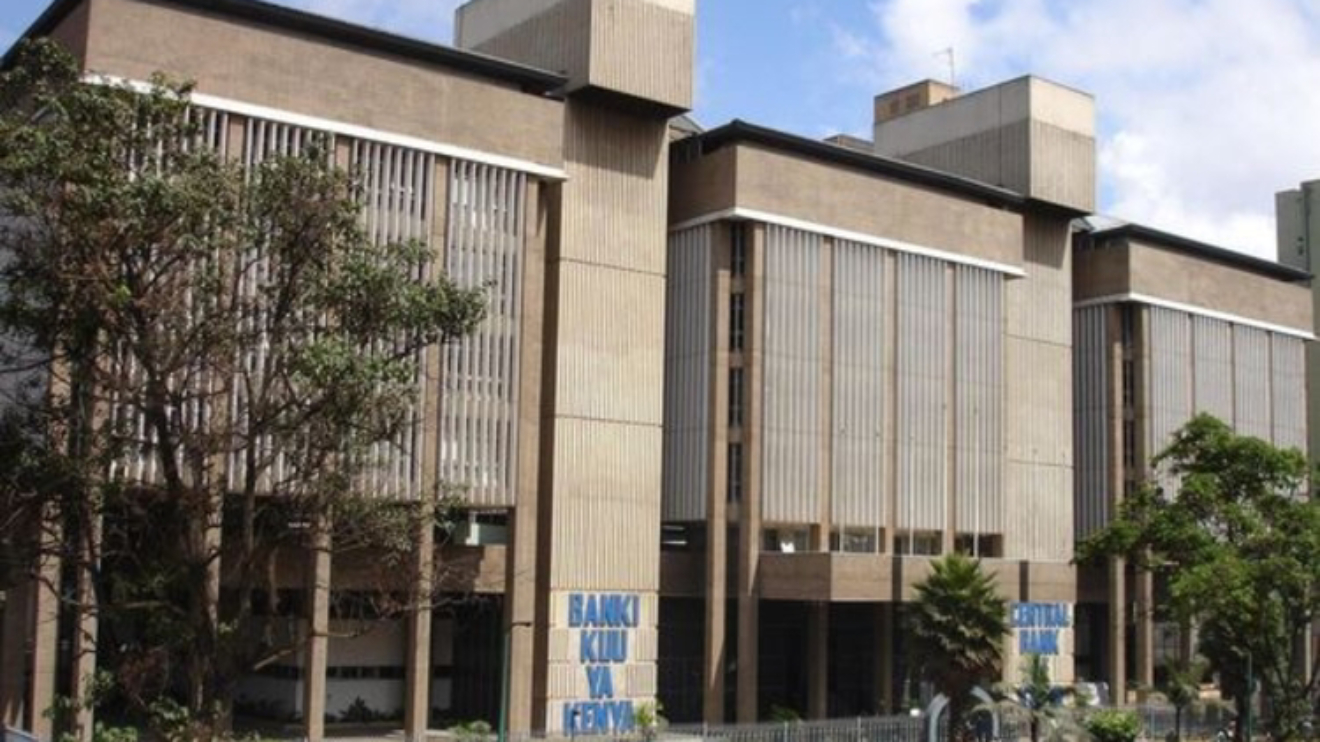Kenya’s lucrative tea industry could soon regain access to one of its most important markets after Nairobi and Tehran agreed on a two-month plan to reopen trade.
The arrangement will be steered by a new joint committee, tasked with removing barriers that have kept Kenyan tea out of Iran since a damaging export scandal erupted.
Talks during the 7th Session of the Kenya-Iran Joint Commission for Cooperation in Nairobi set the stage for the breakthrough.
Kenya’s Prime Cabinet Secretary Musalia Mudavadi met Iran’s Minister of Agricultural Jihad, Dr. Gholamreza Nouri Ghezalcheh, to craft a timeline aimed at clearing the ban and restoring market confidence.
The rift began when investigations uncovered malpractice by Cup of Joe Limited, a Kenyan exporter accused of blending inferior imported tea and passing it off as high-grade Kenyan produce bound for Iran.
The Tea Board of Kenya has since struck the firm off its register, and court action is expected to follow.
Agriculture and Livestock Development Cabinet Secretary Mutahi Kagwe warned that the industry could not afford similar breaches.
“Kenya's tea sector is one of our largest foreign exchange earners, and we must protect it from unscrupulous traders who damage our reputation,” he said.
Iran’s position in the market is significant.
In 2024, it imported 13 million kilogrammes of Kenyan tea worth Sh4.26 billion, according to the Tea Board of Kenya.
Pakistan remained the largest buyer, taking 34.7 per cent of total export volumes valued at Sh70 billion that year.
Kenya’s tea reached 96 international destinations in 2024, up from 92 the previous year.
The absence of Iran, however, has been felt keenly by farmers and exporters.
The list of other major customers underscores the crop’s global pull: Egypt bought 86.9 million kilogrammes worth Sh23.96 billion, the United Kingdom took 57.44 million kilogrammes worth Sh16.99 billion, and the United Arab Emirates imported 30.5 million kilogrammes worth Sh10.27 billion. Russia, India, Saudi Arabia and Yemen also feature among top buyers.
The newly formed Kenya-Iran committee will now design a strict quality-control framework, aiming not only to prevent future malpractice but also to get tea consignments moving again before the 60-day deadline.
For the thousands of Kenyan farmers who depend on the crop, the countdown has already begun.








-1755081359.jpeg)